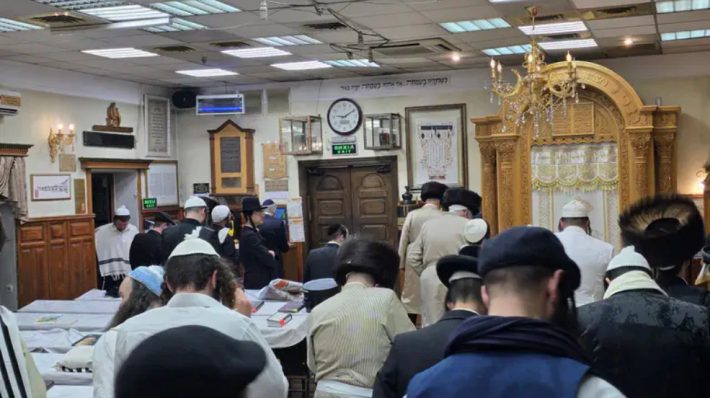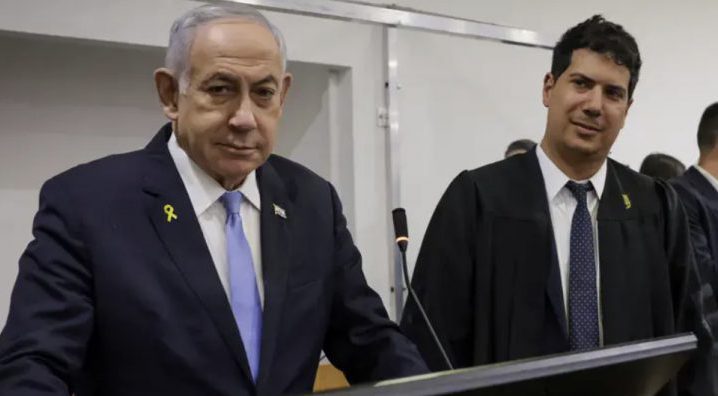In a dramatic ruling, Breslov Hasidic leaders forbid men with active arrest warrants from traveling to Uman for Rosh Hashanah, warning of immediate arrests at Israeli borders.
In a sweeping directive announced this morning, Breslov Hasidic Rabbis instructed that any follower with an active arrest warrant must refrain from traveling to Uman for Rosh Hashanah. The order comes after multiple haredi men with outstanding IDF draft notices were arrested while attempting to pass through customs en route to the annual pilgrimage.
The decision followed a rare assembly of nearly 100 Breslov Rabbis, spanning Ashkenazic and Sephardic leadership. At the gathering, representatives from groups opposing Israel’s haredi draft laws presented reports on how recruitment offices and detention facilities are currently processing draft evaders.
After deliberation, the Rabbis issued a firm ruling: “Anyone with an active arrest warrant must not attempt to leave the country, as doing so risks immediate arrest. Everything possible must be done to avoid, God forbid, a situation leading to arrest.”
Beyond the travel restrictions, the Rabbis reiterated their uncompromising opposition to conscription. They branded military, national, and even civil service as a “decree of religious annihilation,” ruling them strictly forbidden under Jewish law.
Educators and spiritual leaders were instructed to enforce the ban within their communities, ensuring that students and followers do not endanger themselves with reckless attempts to travel abroad.
The ruling carries particular weight in Breslov circles, where the Rosh Hashanah pilgrimage to Uman—at the grave of Rebbe Nachman of Breslov—is considered a sacred duty. Followers have long gone to extraordinary lengths to attend, whether braving war zones in Ukraine, enduring COVID-19 travel bans, or crossing multiple borders by land and sea.
This year, however, the greatest barrier may not be geopolitical turmoil but Israel’s crackdown on draft evasion. For many young haredim, the spiritual journey to Uman is now directly colliding with the state’s legal demands.





